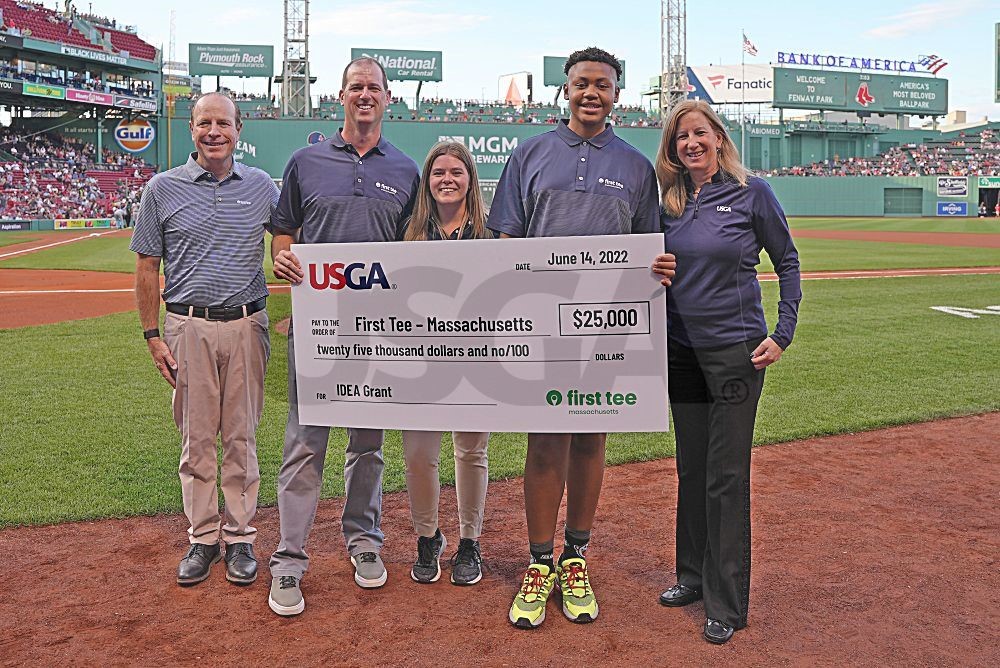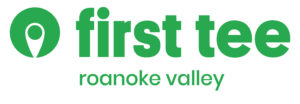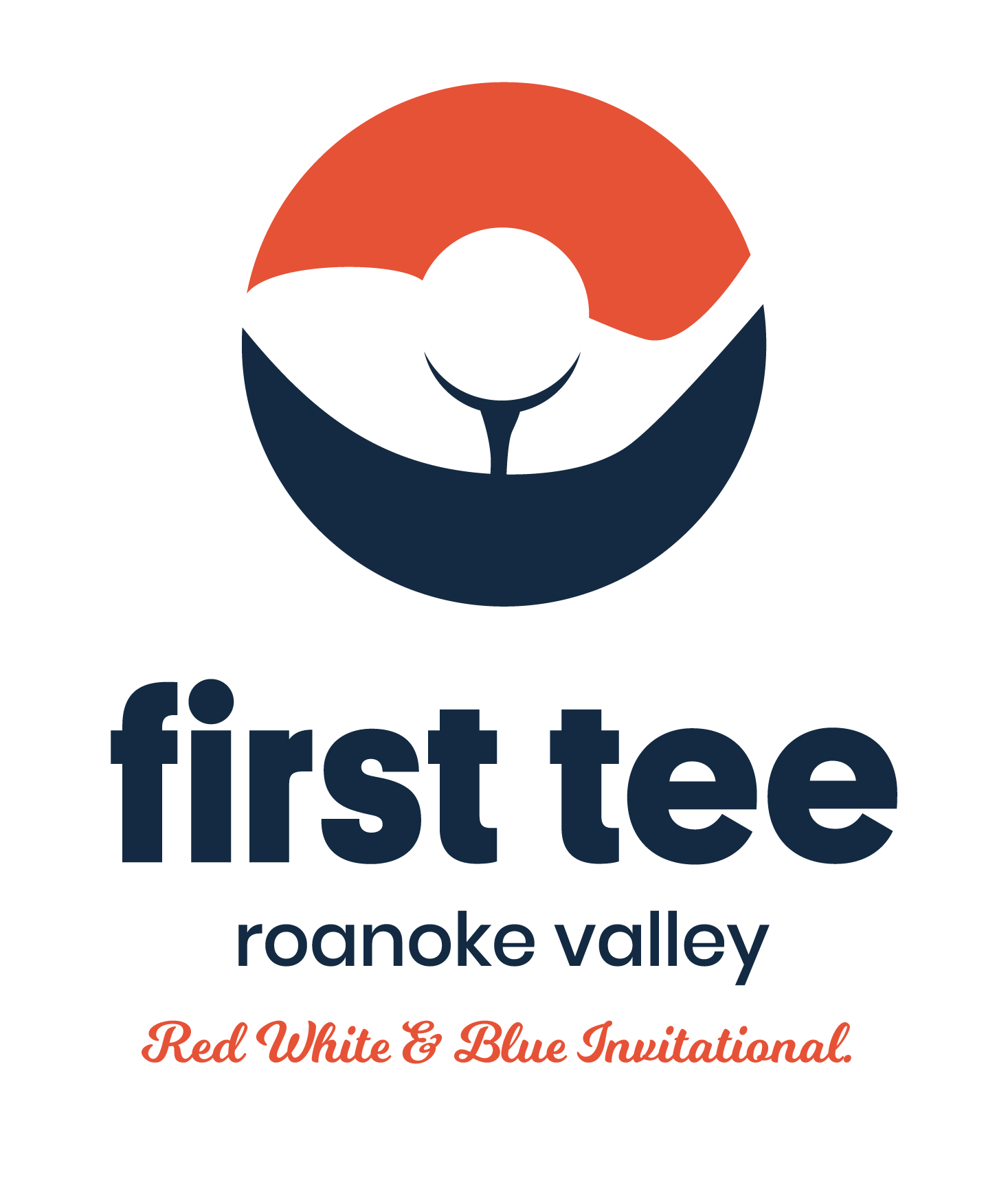
Have you ever thought about your achievements in life? What were the dreams and ambitions that you wanted to work towards? How did you get there? At First Tee, these are the type of questions we propose to kids and teens to help them understand the process of attaining goals; but to reach their goal, they must first understand how goals are formulated.
A goal is something that you want to do, be or have, but it’s not something that you can do, be or have right at this moment. It’s something you must work to get in the future, and you can apply that to any challenge in life. For example, if your child wants to achieve Honor Roll and receive all As and Bs in school this year, what would that require them to do? They would need to do well on tests and assignments. How would they accomplish that? Encourage them to take good notes, turn in their work on time, and study for their tests.
For kids, having guidelines or tools can effectively help them identify their goals and make them feel comfortable about reaching them. At First Tee, we utilize four guidelines to do this. Talk to your child about the dreams they currently have and try these out for yourself.
Four Guidelines for Setting a Reachable Goal:
- The goal is Positive:
- I want to achieve a passing score of 80% or higher vs. I don’t want to fail this test
- The goal is Important to You:
- The goal needs to be important to you, not to someone else. You should be able to explain why you want to achieve it and why it will make a difference for you.
- The goal is Specific:
- You want to know exactly what you’re working toward.
- The goal is Under your Control:
- Your efforts will allow you to achieve this goal vs. Something that is out of your control like becoming famous or winning the lottery.
Goal setting is a strategy kids and teens will apply for the rest of their life. When we set our goals, we want to be very clear about them so that we have the best chance to achieve them. The key to remember is that goals come in all shapes and sizes. Just because it doesn’t work for someone else doesn’t mean that you can’t achieve it. Your kids will learn from both their achievements and setbacks, but as they begin to set personal goals, they will learn and grow in ways that you did not think possible.
Want to get involved with what we are building at First Tee? Click here to find out more.







 Congratulations also to James Vargas – who won the door prize.
Thank you to everyone who played, volunteered and caddied. Enjoy a few photos from the day
Congratulations also to James Vargas – who won the door prize.
Thank you to everyone who played, volunteered and caddied. Enjoy a few photos from the day 